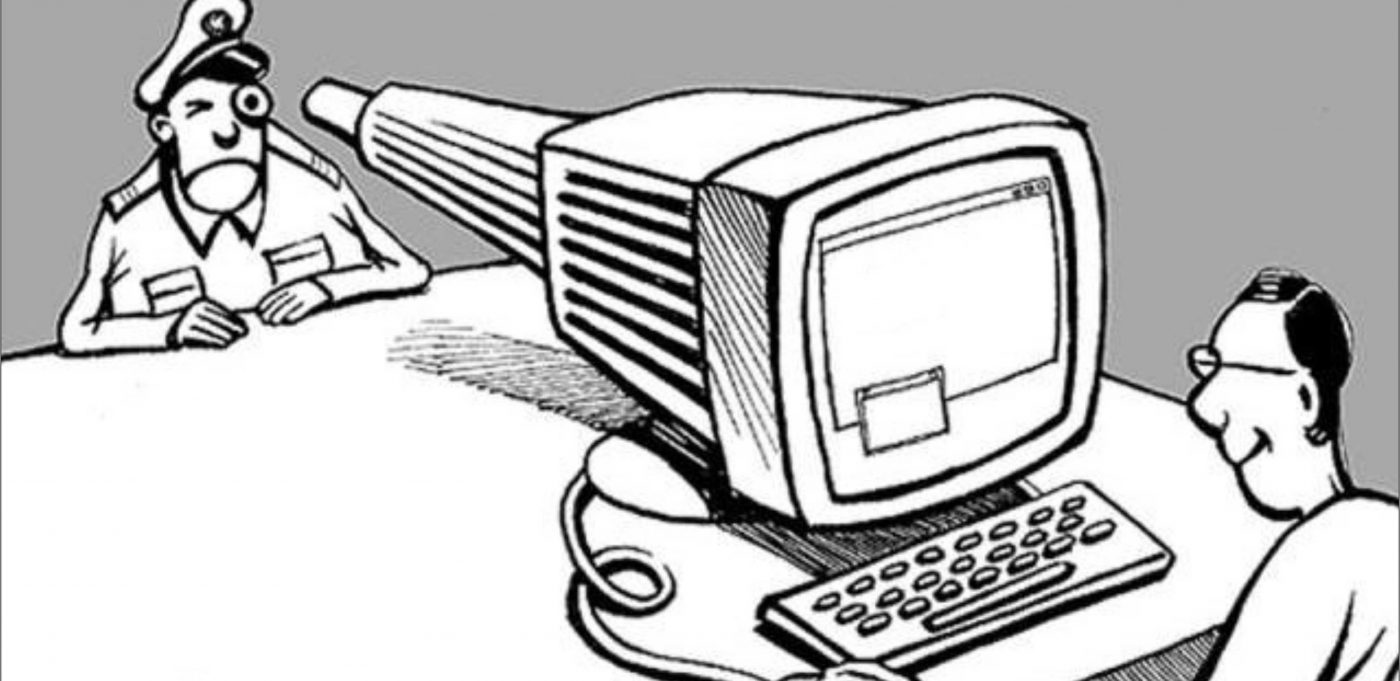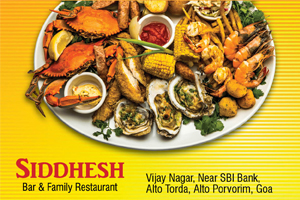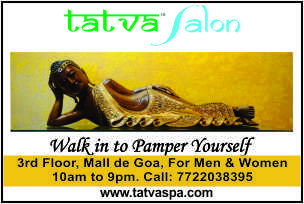Rajsankar Jayakumar
Social Media is a collection of online communication channels dedicated to community-based input, interaction, contentsharing and collaboration. Websites and applications that are dedicated to forums, micro-blogging, social networking, social curation and wikis are amongst the different types of social media. Social media involves technologies that enhance activities such as transmission of information, opinions, career interests and other forms of expression through virtual communities and networks. Social media services have some common features such as they are based on interactive Web 2.0 internet-based applications, they have user-generated content like text posts or comments, digital photos, videos, etc., they are designed and maintained by a social media organisation where users create service-specific profiles for the website or app and they facilitate the development of online social networks by connecting a user’s profile with those of other individuals or groups.
Social Media has many uses. Social Media helps in expressing views in open discussion platforms, it provides world wide connectivity, it provides information on various aspects such as jobs, business, women empowerment etc., it also enables free advertising of different things, knowledge sharing and business networking and also it increases the speed of news cycle. FACEBOOK, INSTAGRAM, WHATSAPP, GOOGLE+, TWITTER, LINKEDIN, etc. are some of the most popular social media platforms in the world today.
Social Media is a free and open platform for expressing views and opinions over a wide range of topics. Social Media is being widely used by people for expressing their opinions and views and such views and opinions would be ideally protected as a fundamental right to freedom of speech and expression. Freedom of speech and expression is a natural right, inherent in the status of a citizen and a human being. It includes the right to speak and to express one’s opinions by words of mouth, writing, printing, pictures or in any other manner. Therefore, it includes expression of opinions via social media as well. However, this freedom is not absolute. It is subject to reasonable restrictions such as morality, public peace and order etc.
The words used in social media by people for expressing their voice can often take illegal, offensive, disparaging, inflammatory and even defamatory forms that can be very harmful to the society. Moreover, social media has expanded the definition of the word “speech” to include visual interpretations, artistic forms and symbolic speech as well. Social Media often provides the benefit of anonymity of speech because of which people post whatever they want without thinking about the consequences of such postings. Therefore, there is a need for the regulation of social media by ban of posting of such illegal and offensive content and also access to such content by people. By regulation, social media and internet can make world a better place by becoming tools of development than destruction.
In India, the Information Technology Act, enacted in 2000, regulates, controls and deals with issues related to the information technology. The IT Act mainly deals with subjects such as legal recognition of digital signatures, legal recognition of electronic documents and offences, contraventions and justice dispensation systems for cyber crimes. The IT Act was amended in 2008 to include section 66-A because section 66 was found to be insufficient to handle all the issues of the internet by itself.
Following are certain offenses related to social media:
(i) Posting of defamatory comment or material against someone and even liking or sharing of such comment.
(ii) Posting of defamatory material or comment against someone.
(iii) Posting or selling pornographic material on the internet.
(iv) Posting secret information, documents of Government, photographs of prohibited places.
(v) Posting of copied material on the internet.
Section 66 of the IT Act proved to be insufficient because it was restricted only to hacking because of which problems like illegal emails, messages and campaigns on social media like FACEBOOK and Twitter could not be combated. However, the new Section 66-A clearly restricts transmission, posting of messages, emails, comments etc., which can be offensive and unwarranted. The offending message can be in the form of text, image, audio, video or any other electronic record which is capable of being transmitted. Therefore, it has made the IT act more purposeful and effective in curbing the misuse of social media in any form.
Conclusion
Following are certain do’s and don’t’s to be followed related to social media:
1. Unknown people should not be made friends.
2. Seemingly offensive comments should not be shared or liked.
3. Offensive material should not be posted or shared even against known person.
4. No link should be shared with porn sites or no porn materials must be liked.
5. Copied material must not be posted without lawful cause because it might be violation of the Copyright Act.



























